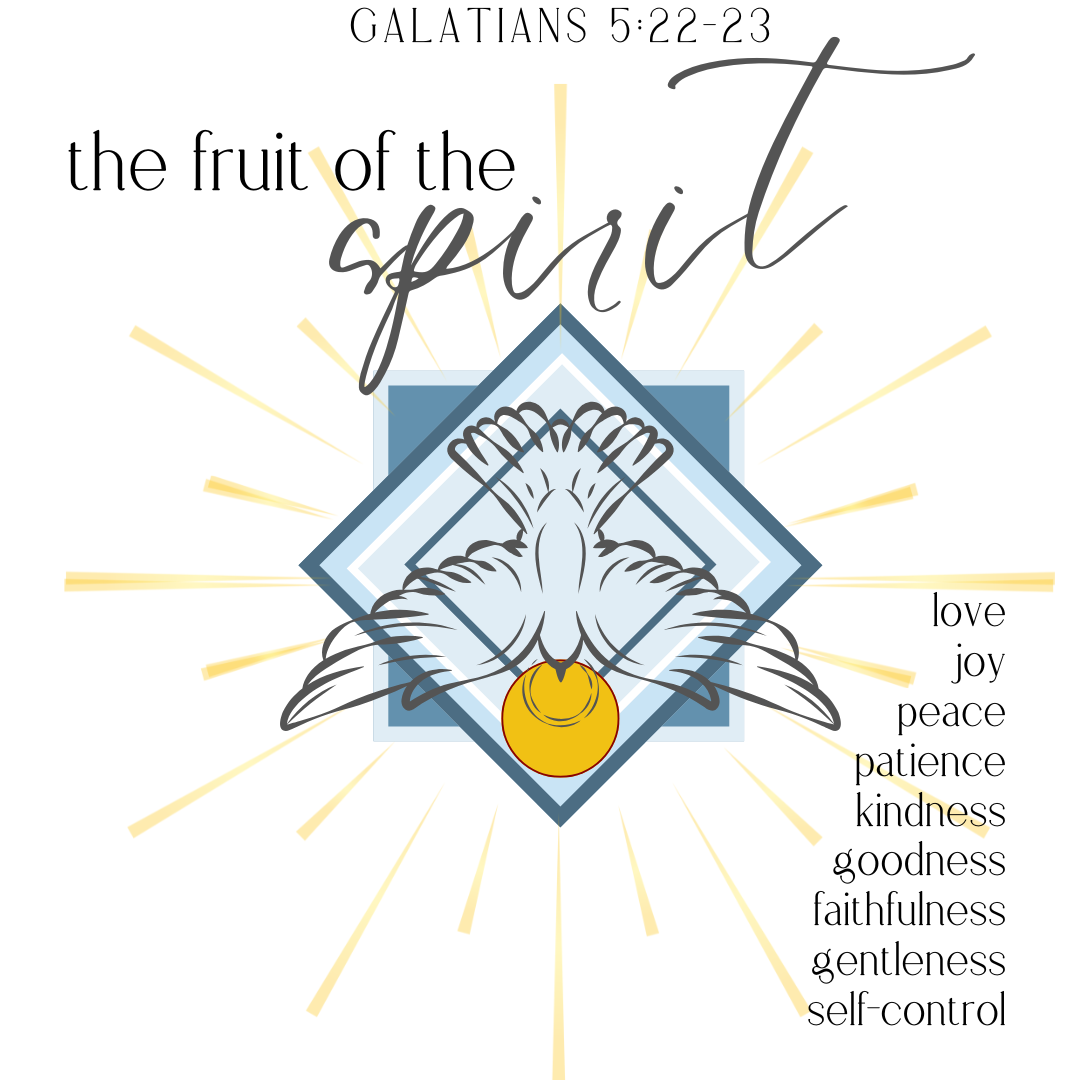Love is patient and kind; love is not jealous or boastful; it is not arrogant or rude. Love does not insist on its own way; it is not irritable or resentful; it does not rejoice at wrong, but rejoices in the right. Love bears all things, believes all things, hopes all things, endures all things.
I Corinthians 13: 4-7
Today we continue discussing I Corinthians 13, St. Paul’s “Treatise on Love,” by discussing what love is and what it isn’t. Saint Paul tells us that love is patient and love is kind. Patience and kindness are two of the fruit of the Spirit, which we will discuss in more detail in upcoming reflections, so I will leave them for now.
We are also told many things that love is not. It is not jealous or boastful. The words “Jealousy” and “Envious” are used almost interchangeably in both English and in the New Testament Greek. In I Corinthians 13:4, the word for “jealous” is “Zili” which is from the Greek “zilevo” which means to be envious of, to wish not only that you had something that someone else has but that they didn’t have the thing you desire. So to be jealous of someone’s money means to wish both that you had it and that they didn’t have it. Love is not jealous—it does not desire the downfall of anyone else which is what jealousy does.
Love is not boastful of one’s accomplishments. The one who loves God is quick to give God the glory for success.
Love is not arrogant. A loving person does not have a superiority complex, but is humble about his or her strengths.
Love is not rude. A loving person does not speak rudely or disrespectfully to others.
Love does not insist on its own way. Many times, we try to manipulate things to go a certain way. We try to control things and people. We are not puppets, in the sense that we are not just waiting for things to happen. But we are not supposed to be manipulators or control freaks either.
One cannot be irritable or cranky or grouchy and express love. That doesn’t mean that it is a sin to be irritable or grouchy, only that it’s nearly impossible to express love when we are like this.
When people cannot resolve anger, they become resentful towards other people and this precludes love from blossoming. If we learn how to forgive others and resolve conflicts, resentment won’t build up and love can grow.
Love is connected with optimism. Love sees the best in people and in situations. Many people are “glass half-empty” people, who habitually see the worst in people and situations. I would imagine that for the person who is perpetually negative, it would be hard to be perpetually loving. Love sees goodness and potential in people and in situations. This doesn’t mean that loving people are never negative, just that they don’t stay negative for long. When confronted with a situation or a challenge, loving people naturally look for the positive outcome.
Nowhere in St. Paul’s teaching on love does it say the “love is easy.” If love has to bear all things, this implies that there will be challenges that love will have to work to overcome. If love believes all things, this implies that there will be times where love will have to overcome doubt. If love hopes all things, this implies that love will have to make it through some dark and difficult times. And if love endures all things, this implies that love will have to survive some setbacks.
The good news is that with love, one can bear challenges, make it through times of doubt, hold on to hope when times are tough and survive setbacks that are part of every life.
A few reflections ago, we discussed love being a choice. We choose to be optimistic or pessimistic, to see the glass half-full or half-empty, to see the good in people or to focus on their flaws. We are not born optimistic or pessimistic. Our environment most certain plays a role in this. Being raised in a negative household will make one more likely to be a negative person as an example. But environment can be overcome with choice.
Love is a choice—to be patient and kind, to be humble and polite, to be selfless and optimistic, and to be happy for others who have success. Love is a choice to stay the course when times are tough, hope for a better tomorrow, and not to let the challenges of today break you.
Again, love isn’t easy. But then, nothing worthwhile is easy. Love is fulfilling—to build an authentic relationship with Christ and meaningful relationships with other people, this is fulfilling. Learning what love is, and what it isn’t, and applying these lessons to life are the difference between a life that is fulfilling and one that is Christ like, and one which isn’t.
Lord, please help me to see the good in others today. Help others to see the good in me. Please Lord, see the good in me as well. Overlook my faults, forgive my sins, and shower me with Your love, and inspire me to shower others with love as well. Be with me when life, and love, is hard. Help me to deepen my understanding of love, my love for You and my love for others, in some small way today!
Practice some aspect of what love is on a daily basis!
